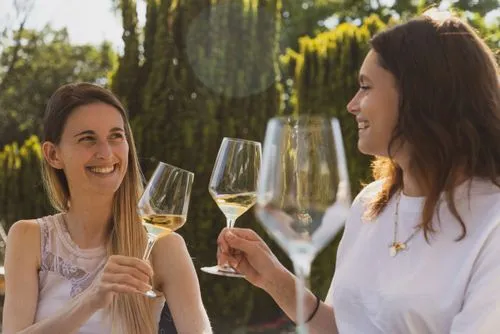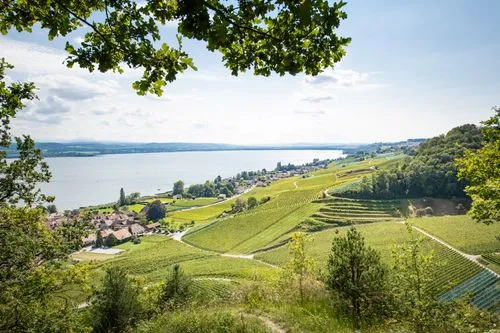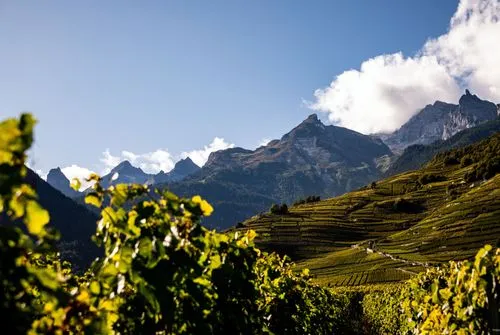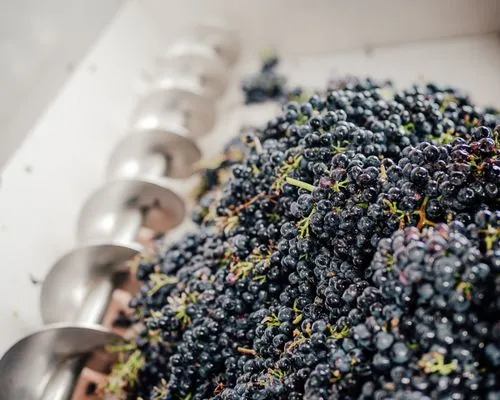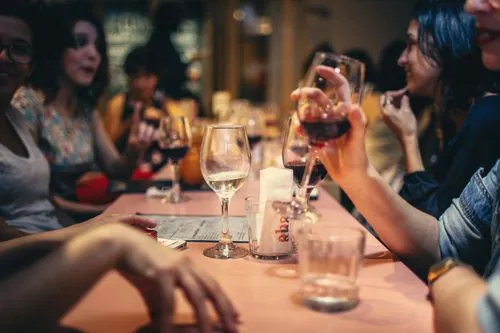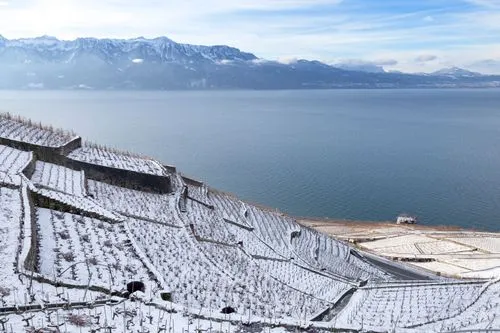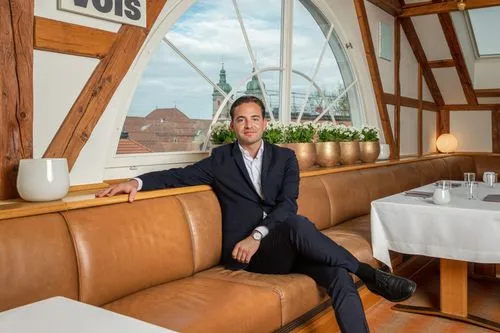"Choosing Swiss wine means supporting the local economy"
Laurent Vulliez, when was the last time you drank foreign wine?
Just last night, we tasted a new wine. I think you should be open to drinking foreign wine.
Is it about finding out what others are doing?
There are very interesting wines in famous regions like Burgundy. But we must not copy what is made elsewhere. We have our own grape varieties and terroirs. Our wines are of a standard that we don't have to envy others.
What arguments do you use to convince your customers to buy Swiss wine?
In Switzerland, we have the advantage of having a very large selection: You can choose white wine, red wine or rosé, there are fruity, light, mineral or very tannic wines, we have storage wines and wines that can be drunk quickly. Thanks to this enormous variety, there is something for every taste.
What else speaks in favour of Swiss wine?
Choosing Swiss wine supports the local economy and preserves the regional landscape. Viticulture brings with it a great deal of biodiversity, thanks in part to the greening of the vines. When it comes to sustainability, Swiss wine has a clear advantage.
Why is that?
We all adhere to sustainable standards. And our wine comes from next door, so to speak, instead of being imported from abroad.
However, when it comes to costs, Swiss wines do not have an advantage over their foreign competitors …
We are not more expensive because we think we are better, but because everything costs more here. From the wages and social security contributions for the labour force to the delivery of the grapes, processing, and sale: all the small links in the production chain ensure that Swiss wine is somewhat more expensive. But here, the labour force is paid correctly, which is not always the case abroad. In Switzerland, you can buy wine for 6 francs a bottle, for 20, 50 or more - so there is a wide choice here too.
You are the fifth generation to run Domaine de Vignolles. How has the winery changed recently?
Everyone brings their own thing to the table. It used to be an estate with cows, agriculture, and vineyards. My father mainly pushed ahead with mechanisation. And I'm also adapting to the spirit of the times, for example with regard to climate change. We still have many challenges ahead of us, such as changing some grape varieties. We have a great diversity, currently 21 varieties.
Are you worried about climate change?
I think that we winegrowers have to see global warming as an advantage. The previous generation introduced Merlot and Cabernet vines 20 or 30 years ago. Today, we make great wines with them in Switzerland. We should try to accept the new for what it is. Of course, we have to adapt to the drought today. Almost 8000 square metres of grass grows on a one-hectare plot - that's a lot of competition for the vines. So I have to look at the soil, the grape varieties I want to grow and the orientation of the plots. But I see this as an interesting challenge.
What plans do you have for the future?
We always have lots of ideas. But when I replant a vineyard, I do it for those who come after me. Most of what I plant will not necessarily bear fruit myself.
In conclusion: What is your favourite grape variety?
I really like Gamaret, because it's a grape variety that was bred in Switzerland. And it has adapted particularly well in Geneva. It is a grape that is easy to work with, tolerates disease well, has little rot and produces good products. With our grapes, the Cave de Genève makes a Gamaret in oak that is truly exceptional.
What is your favourite food to drink it with?
I'm also a meat producer, so I'm a livestock farmer. We like to grill a beef chop on a fire made from old vines - it gives it a special flavour - and drink a strong Gamaret with it.
Pretium
Related Articles
All the news about Swiss wines and exclusive reports.
To visit our site, you must be of legal drinking age in your country of residence.
